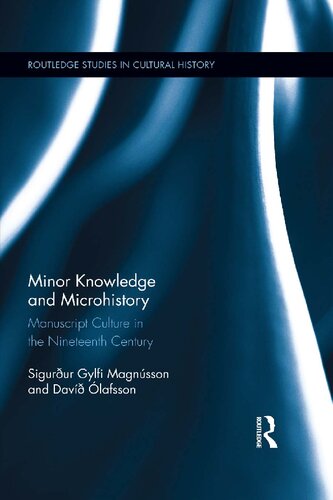

Most ebook files are in PDF format, so you can easily read them using various software such as Foxit Reader or directly on the Google Chrome browser.
Some ebook files are released by publishers in other formats such as .awz, .mobi, .epub, .fb2, etc. You may need to install specific software to read these formats on mobile/PC, such as Calibre.
Please read the tutorial at this link: https://ebookbell.com/faq
We offer FREE conversion to the popular formats you request; however, this may take some time. Therefore, right after payment, please email us, and we will try to provide the service as quickly as possible.
For some exceptional file formats or broken links (if any), please refrain from opening any disputes. Instead, email us first, and we will try to assist within a maximum of 6 hours.
EbookBell Team

4.0
66 reviewsThis book studies everyday writing practices among ordinary people in a poor rural society in the 19th and early 20th centuries. Using the abundance of handwritten material produced, disseminated and consumed some centuries after the advent of print as its research material, the book's focus is on its day-to-day usage and on "minor knowledge," i.e., text matter originating and rooted primarily in the everyday life of the peasantry.
The focus is on the history of education and communication in a global perspective. Rather than engaging in comparing different countries or regions, the authors seek to view and study early modern and modern manuscript culture as a transnational (or transregional) practice, giving agency to its ordinary participants and attention to hitherto overlooked source material. Through a microhistorical lens, the authors examine the strength of this aspect of popular culture and try to show it in a wider perspective, as well as asking questions about the importance of this development for the continuity of the literary tradition. The book is an attempt to explain “the nature of the literary culture” in general – how new ideas were transported from one person to another, from community to community, and between regions; essentially, the role of minor knowledge in the development of modern men.